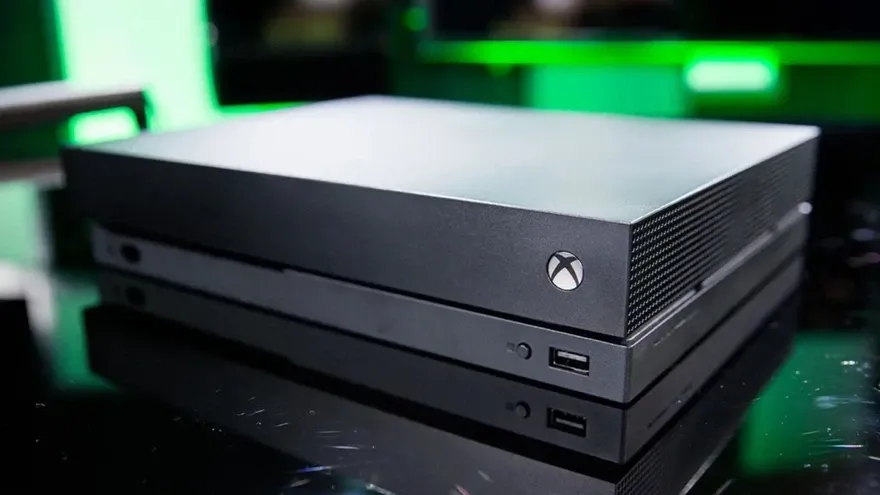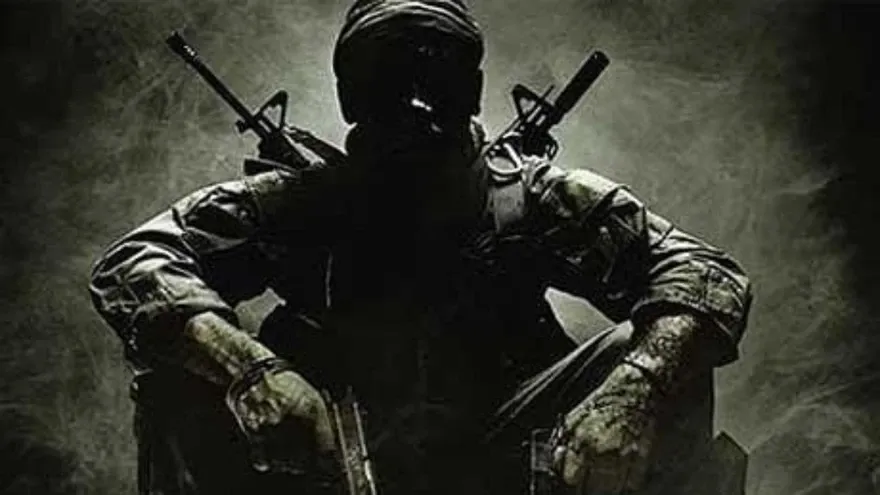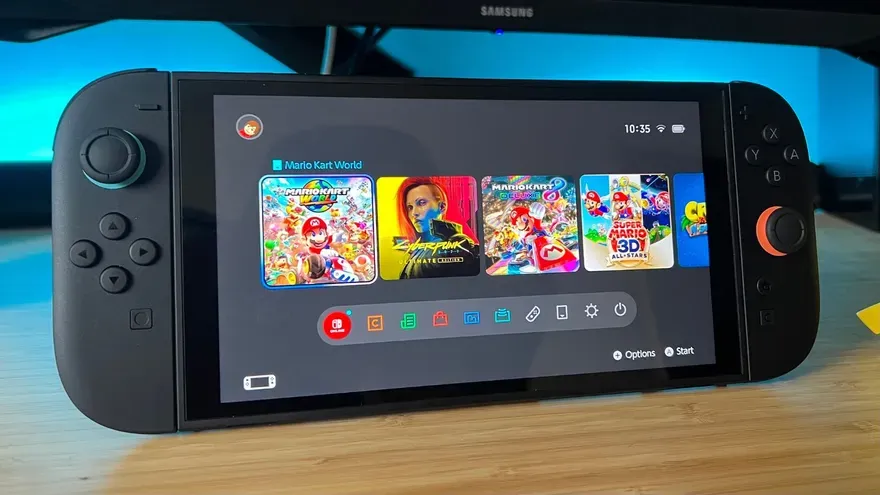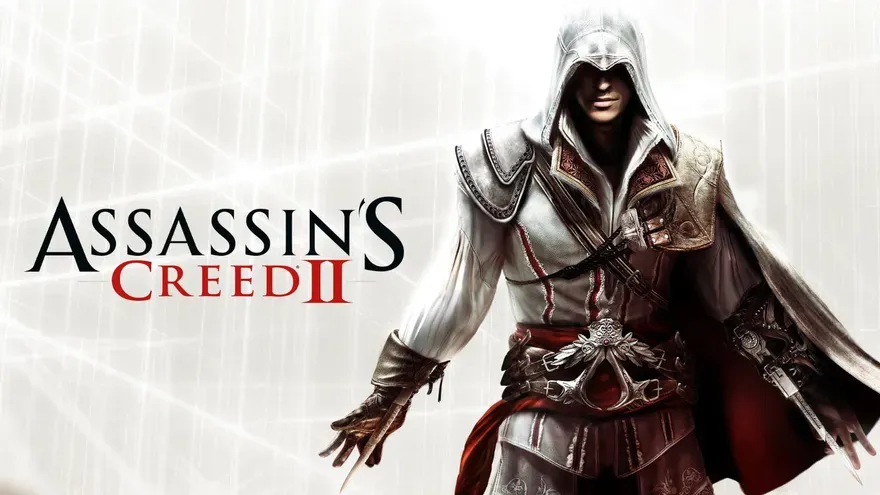The Evolution of Competitive Gaming Education
The collegiate esports landscape has transformed dramatically since 2016, when only seven universities offered gaming scholarships. Today, over 175 North American institutions provide full-ride opportunities for talented players. Students now practice on specialized equipment, including high-performance setups comparable to those used by major streamers for games like 1x fortine apple competitions, where the combination of strategy and reflexes creates compelling competitive scenarios.
Recent statistics from the National Association of Collegiate Esports show annual scholarship values ranging from $5,000 to $25,000, with premier programs offering comprehensive packages that cover tuition, housing, and equipment stipends. Many universities have built dedicated training facilities exceeding $1 million in investments.
What's particularly striking is how these programs have gained legitimacy so quickly. When I talk with university administrators who were initially skeptical, they often mention the surprising academic performance of their esports athletes—maintaining GPAs that average 0.3 points higher than the general student population. This runs counter to old stereotypes about gamers and academic success.
Academic Integration and Career Development
University esports programs increasingly connect gaming with academic disciplines like computer science, marketing, and sports management. Collegiate esports career pathways demonstrate how these programs build transferable skills beyond competition.
What makes these programs distinctive:
Structured skill development with professional coaching
Academic curriculum integration with gaming practice
Media training and personal brand development
Tournament organization experience
Sports psychology and performance training
Business aspects of gaming industry education
Technical production and broadcasting training
I've spoken with several program directors who emphasize that their most successful graduates aren't necessarily their best players. Often, it's the students who leverage their gaming knowledge alongside business acumen or technical skills who find the most rewarding career paths. These hybrid skill sets—gaming expertise paired with traditional professional capabilities—create graduates uniquely positioned for emerging jobs.
Regulated Betting Markets and Compliance Considerations
The popularity of collegiate esports has created new betting markets with unique regulatory challenges. Legal esports betting regulations examine how universities navigate this complex territory.
The betting ecosystem surrounding collegiate esports varies significantly by state and country. Several factors influence this developing market:
Age verification requirements for college competitors who may be under 21
Institutional policies prohibiting athletes from participating in betting activities
Data privacy concerns regarding player statistics and performance metrics
Interstate betting complications for online tournaments
Match integrity monitoring systems similar to traditional sports
Universities have implemented strict policies to maintain competitive integrity, with many prohibiting student-athletes from engaging with betting platforms of any kind. These policies mirror regulations in traditional collegiate athletics but face additional challenges in the digital environment.
Can these regulations keep pace with technological change? That's the question many legal experts are asking. The borderless nature of online competition creates jurisdictional questions that didn't exist in traditional sports betting frameworks.
Professional Pathways and Industry Integration
Collegiate esports programs have become legitimate stepping stones to professional careers. Beyond professional player paths, graduates find opportunities in game development, event production, team management, and content creation.
The data tells an interesting story: roughly 15% of collegiate players transition to professional competition, while 65% secure industry positions in adjacent roles. This compares favorably to traditional sports, where less than 2% of NCAA athletes reach professional leagues.
Industry partnerships play a crucial role in this ecosystem. Major game publishers increasingly view collegiate programs as talent development pipelines, providing equipment sponsorships, exclusive tournament opportunities, and internship programs.
I've observed that universities with the strongest industry connections produce the most successful graduates. These institutions maintain advisory boards featuring representatives from game studios, esports organizations, and media companies who provide curriculum guidance and hiring pathways.
The financial model continues to evolve as programs mature. Early adopters relied heavily on institutional funding, but sustainable programs now generate revenue through sponsorships, merchandise, event hosting, and media rights — creating self-sufficient athletic departments that rival traditional sports in smaller universities.
Looking at the data objectively, collegiate esports represents one of the fastest-growing segments in higher education athletics departments. With viewership for major collegiate tournaments now reaching hundreds of thousands of concurrent viewers, these programs offer universities new avenues for student recruitment, alumni engagement, and institutional brand building.















